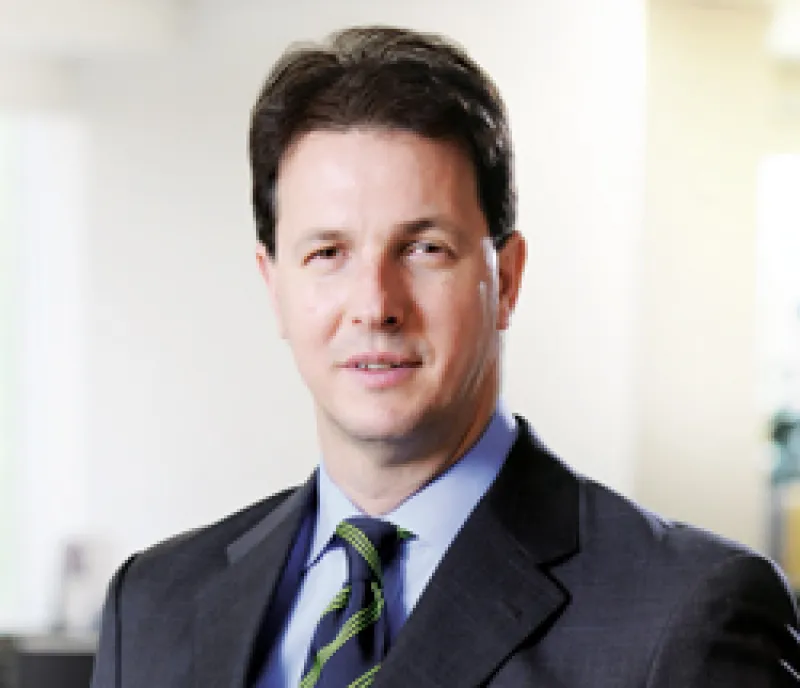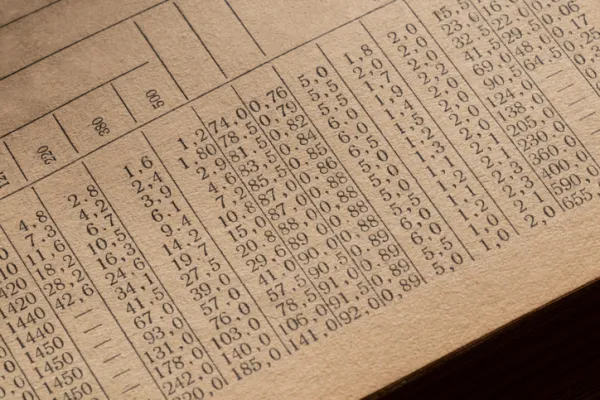Few companies have benefited more from the rise of Asia, and China in particular, than Hong Kong–based Noble Group. Founded by British commodities trader Richard Elman in 1986, Noble has rapidly grown from a niche supplier of steel, chrome and manganese into a global commodities powerhouse running everything from coal and iron-ore mines in Australia to fuel distribution systems in the U.S. to palm oil plantations in Indonesia to soybean-processing plants in Brazil.
Since listing on the Singapore Exchange in 1997, Noble has multiplied its sales 65-fold, from $866 million to more than $56.7 billion in 2010. Last year revenues were up 82 percent, operating income 42 percent and net income 9 percent. Over the past six years, Noble’s stock price has risen more than 100 percent.
Understandably, Noble is drawing a lot of attention from Asia and beyond. In 2009, Chinese sovereign wealth fund China Investment Corp. invested $850 million in the commodities house, acquiring a 15 percent stake and becoming the second-largest shareholder (after founder Elman and his family, who own 23 percent).
“Noble has been one of the best investments that CIC has in its portfolio,” declares Noble CEO Ricardo Leiman. “It has been quite profitable for them.” What’s more, Noble gives the Chinese government a window into the complex, fast-moving world of global commodities (of which the Chinese are massive consumers).
A Brazilian, Leiman, 44, joined Noble in 2006 after a career in finance that included stints as a banker at Crédit Lyonnais in Brazil and in senior positions at French commodities house Louis Dreyfus Group in São Paulo and London. He has an undergraduate degree in economics from the University of São Paulo and an MBA from the University of Rochester in the U.S. and Nyenrode Business University in the Netherlands.
Leiman recently explained his ambitious strategy for continuing to grow the commodities giant to Institutional Investor Asia Bureau Chief Allen T. Cheng.
Institutional Investor: Do you hope to rival the biggest commodities houses?
Leiman: We have moved from being a niche player to a global player, and our aim is to be among the top three diversified supply-chain managers within the next few years. It’s ambitious but within reach. Our objective has always been to become a significant player, and that is why we have achieved what we’ve achieved. We definitely are an ambitious company.
How do you plan to achieve your goal?
It comes down to the culture of the company, and aligning our interests with shareholders’ and scaling the business. We are no longer just an Asian company; we are a global company but one with strong roots in Asia and a strong understanding of Asia. Roughly 35 to 40 percent of our customers are in Asia. Our second-largest client would be the U.S., where our power, oil and liquid distribution business is one of the largest. Brazil, the Middle East and southern Europe, among others, make up more of our client base.
What’s behind your rapid growth?
Building and creating value, disseminating knowledge and managing risk have been key factors. We take a scalable, building-block approach. You start with one asset, and you scale that up on an exponential basis. At the same time, you always focus on risk management. Everything we do is hedged, so our risk is very limited. The VaR [value at risk: the maximum potential loss from an investment over a given period] is less than 1 percent of the company’s book value. We have streamlined our businesses since I joined the company, tightening our segment focus while maintaining our diversification. We focus on robust, scalable growth and not being too dispersed in areas where managing growth becomes unwieldy.
Our business is not to buy price-earnings but to build P/E. A good example is how we are developing our own palm oil plantations in Indonesia and coal mines in Australia, allowing us to build long-term sustainable value. Similarly, in Brazil we built one sugar mill that has grown from 1 million to 9.5 million tons, and along with two other mills we recently acquired in Brazil, it brings our total capacity up to 17.5 million tons, making us one of the world’s top sugar producers.
What are your aims now for Noble Group?
My goals today are the same as when I joined Noble: to execute our strategy of delivering growth — long-term growth, rather than quick, unsustainable wins. It’s a mentality that has long been a part of Noble, and it’s an approach I believe in. We want to continue to grow at 20 percent a year and continue to pay 25 percent dividends on net income. For our investors, we want to generate a 20 percent return on equity on an annual basis. In the next few years, we want to reach $1 billion in net profits.
How will you achieve such growth?
We are in a business that requires high economies of scale and critical mass, and the investments we have made in our supply chains in the past few years ensure that our growth will continue. If you look at soft commodities — agricultural products — we are among the top five players in all areas: sugar, coffee, cotton, grain, oilseeds. We are the world’s second-largest thermal-coal merchant, and we are the fifth-largest electricity retailer in the U.S., where we have very significant stakes in distribution systems. We are in the process of finalizing two acquisitions in Brazil that will place us among the top two producers for two additional commodities: sugar and ethanol. Most of our investments, in fact, are in low-cost producing countries, such as Latin American nations, Australia and Indonesia. Asia is the destination for much of the raw materials, and the fact that we are headquartered in Hong Kong gives us an advantage in tapping into Asia’s growing appetite.
What are you doing to meet the demand?
To satisfy the growth of emerging markets, we have built a global organization. For instance, we originate grains and oilseeds in Latin America, where we provide seeds and other stock to local farmers to grow their crops. Once they harvest the grains, we move them to China, where we sell them. The key is managing the entire supply chain — all the profit points along the pipeline.
How do you keep the supply line flowing?
Our diversification pays off; there are plenty of examples. There was a shortage of grains in Eastern Europe last year, so we supplied our customers with corn from our own warehouses in Brazil and wheat from Argentina. Also last year an unexpected embargo from Russia suddenly made Ukraine’s wheat supply unavailable. We fulfilled our commitment to a South Korean customer with supply from Argentina and Brazil.
Is your partnership with CIC paying off?
So far it has been a profitable strategic relationship. CIC sees our global network as a vehicle to understand commodity markets in a deeper way. There is quite a bit of information flow between us. On the one hand, it is a financial investment. On the other, we aim to jointly develop the commodity business, if we find the right commodity business.
Commodity prices have risen dramatically. Might they fall?
People always have a short memory. Commodity prices collapsed in 2008 and 2009. Commodities are cyclical and volatile. The goal is not to adjust up or down but to generate returns to shareholders, and our returns have been substantial. We are not in the business of riding waves up or down. We manage risk, and we generate returns.
Can you readily obtain capital for deals?
The constraint on us is never access to capital markets. It is finding assets that will generate value, or finding the people who fit with our corporate culture. Take me, for instance. I have one secretary and no assistants or aides. The same goes for my top executives. We have a very strong, deep management team and a very flat hierarchy. My job is just to steer the boat.






